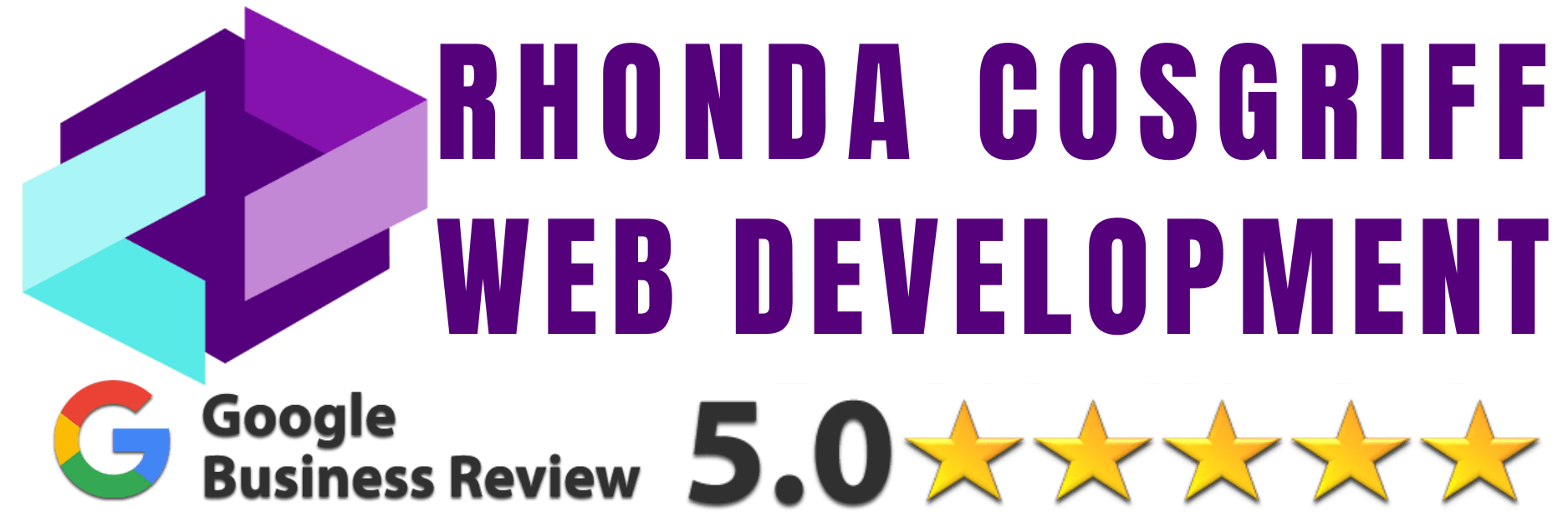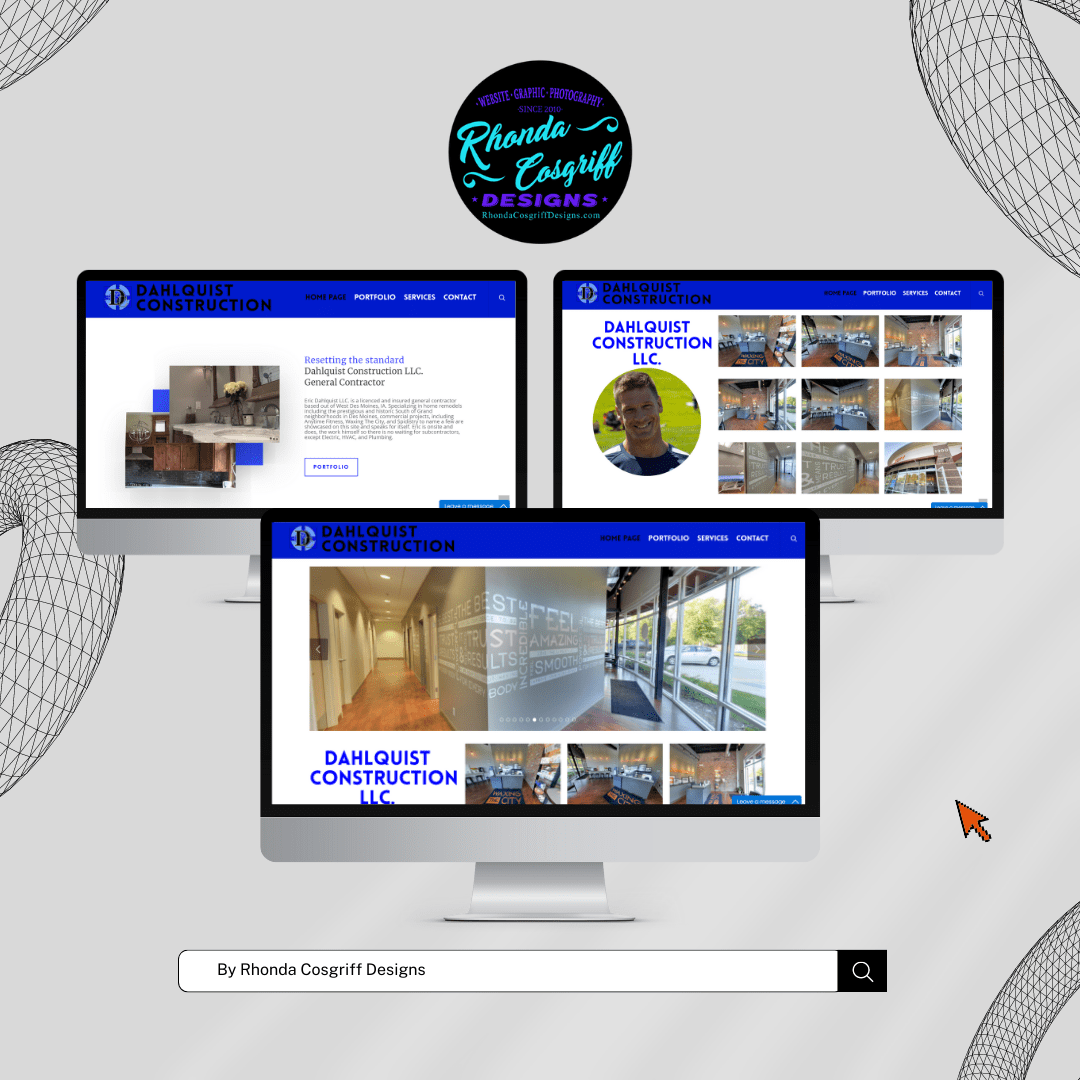Web Developer Near Me: Your Guide to Finding the Perfect Local Developer
In today’s digital age, having a strong online presence is crucial for businesses of all sizes. Whether you’re a small local shop or a multinational corporation, having a well-designed and functional website is essential for attracting customers and driving growth. But with so many options available, how do you find the right web developer for your needs? That’s where hiring a web developer near you can make all the difference.
Benefits of Hiring a Web Developer Near You
Accessibility and Ease of Communication
One of the primary advantages of hiring a local web developer is the ease of communication. When your developer is located nearby, you can meet face-to-face to discuss your project requirements, ask questions, and provide feedback. This direct line of communication can help ensure that your vision is accurately translated into your website.
Better Understanding of Local Market Needs
A web developer who is familiar with your local area will have a better understanding of your target audience and market needs. They can tailor your website to appeal to local customers, incorporating elements that resonate with them and drive engagement. This localized approach can give you a competitive edge in your industry.
Support Local Businesses and Economy
By hiring a web developer near you, you’re not just investing in your own business – you’re also supporting the local economy. Local developers contribute to the growth and vitality of your community, creating jobs and fostering innovation. Plus, working with a local partner can lead to long-term collaborations and partnerships that benefit both parties.
Factors to Consider When Choosing a Web Developer
When it comes to choosing a web developer, there are several factors you should consider to ensure you find the right fit for your project.
Experience and Expertise
Look for a developer with a proven track record of success and expertise in the specific technologies and platforms you need. A developer with experience in your industry will also be better equipped to understand your unique challenges and requirements.
Portfolio and Previous Work
Reviewing a developer’s portfolio and past projects is essential to gauge their skill level and style. Pay attention to the quality of their work, the diversity of their projects, and whether they have experience working on projects similar to yours.
Compatibility with Your Project Goals
Communication and collaboration are key to a successful web development project. Choose a developer who shares your vision and values and is committed to achieving your project goals. Make sure they are responsive, receptive to feedback, and willing to go the extra mile to deliver results.
Ways to Find a Web Developer in Your Area
Now that you understand the benefits of hiring a local web developer and the factors to consider when choosing one, let’s explore some strategies for finding the perfect developer near you.
Local Business Directories
Start your search by checking local business directories, both online and offline. These directories often feature listings of web development companies and freelance developers in your area, along with reviews and ratings from past clients.
Online Platforms and Forums
Explore online platforms and forums dedicated to web development and technology. Websites like LinkedIn, Upwork, and GitHub allow you to search for developers based on location, skills, and experience. You can also join local tech communities and networking groups to connect with developers in your area.
Recommendations from Peers and Professionals
Word of mouth is still one of the most powerful ways to find reliable service providers. Reach out to colleagues, friends, and industry contacts for recommendations on web developers they’ve worked with or heard good things about. Personal referrals can often lead to the best matches.
Questions to Ask When Interviewing a Web Developer
Once you’ve identified a few potential candidates, it’s time to interview them to assess their suitability for your project. Here are some questions to ask during the interview process:
What is your experience with similar projects?
How do you handle communication and updates?
Can you provide references from past clients?
Tips for Evaluating Web Developer Options
As you evaluate different web developer options, keep these tips in mind to ensure you make the right choice for your project:
Reviewing Portfolios and Past Projects
Take the time to thoroughly review each developer’s portfolio and past projects to assess their skills and capabilities.
Checking Client Testimonials and Reviews
Look for testimonials and reviews from past clients to get a sense of the developer’s reputation and client satisfaction level.
Assessing Communication and Responsiveness
Pay attention to how responsive and communicative each developer is during the initial stages of your interaction. Clear and open communication is essential for a successful collaboration.
Cost Considerations When Hiring a Web Developer
While cost should not be the sole determining factor when hiring a web developer, it’s essential to consider your budget and the value you’ll receive for your investment. Here are some cost considerations to keep in mind:
Understanding Different Pricing Models
Web developers may charge by the hour, project, or retainer. Make sure you understand their pricing model upfront to avoid any surprises later on.
Balancing Quality and Affordability
While it’s tempting to opt for the cheapest option, remember that you often get what you pay for. Balancing quality and affordability is key to finding a developer who offers good value for your money.
Negotiating Terms and Agreements
Don’t be afraid to negotiate terms and agreements with your chosen developer to ensure they meet your budgetary constraints while still delivering high-quality work.
Common Mistakes to Avoid When Hiring a Web Developer
Finally, here are some common mistakes to avoid when hiring a web developer:
Choosing Solely Based on Price
While cost is an important factor, it shouldn’t be the only consideration when hiring a web developer. Focus on finding a developer who offers the best combination of quality, experience, and affordability.
Ignoring Communication Issues
Effective communication is essential for a successful web development project. Don’t overlook communication issues or red flags during the hiring process, as they can lead to misunderstandings and delays down the line.
Rushing Into Decisions Without Proper Research
Take the time to research and evaluate your options thoroughly before making a decision. Rushing into hiring a developer without proper due diligence can result in subpar results and wasted time and money.
Conclusion
In conclusion, hiring a web developer near you offers numerous advantages, including accessibility, local market expertise, and support for the local economy. By considering factors such as experience, portfolio, and communication skills, and following the tips and guidelines outlined in this article, you can find the perfect developer to bring your vision to life.
FAQs (Frequently Asked Questions)
- Q: How much does it cost to hire a web developer? A: The cost of hiring a web developer varies depending on factors such as their experience, expertise, and the scope of your project. It’s best to request quotes from multiple developers and compare their pricing and services.
- Q: How long does it take to build a website? A: The timeline for building a website depends on the complexity of the project, the responsiveness of the developer, and other factors. On average, a simple website can be completed in a few weeks, while more complex projects may take several months.
- Q: What should I look for in a web developer’s portfolio? A: When reviewing a web developer’s portfolio, look for diversity in projects, quality of work, and relevance to your industry or project requirements. Pay attention to the design, functionality, and user experience of their past projects.
- Q: Do I need to sign a contract with my web developer? A: It’s highly recommended to sign a contract with your web developer outlining the scope of work, project timeline, payment terms, and other important details. A contract helps protect both parties and ensures clarity and accountability throughout the project.
- Q: Can I update my website myself after it’s built? A: Many web developers offer content management systems (CMS) that allow you to update and manage your website’s content yourself. Make sure to discuss your preferences for website maintenance and updates with your developer during the planning stages.











